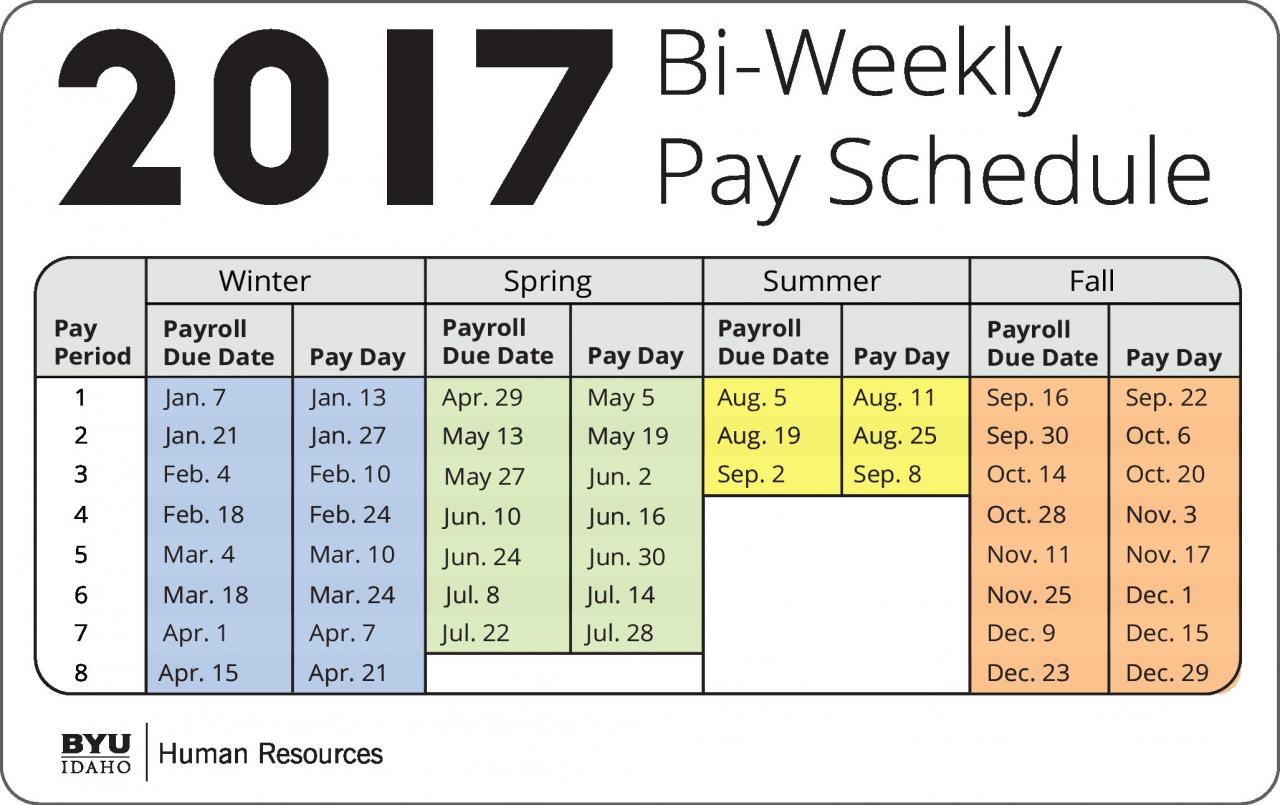an hour 40 hours a week biweekly pay – Get ready to dive into the world of biweekly pay, where every other Friday brings a fresh paycheck! In this guide, we’ll explore the ins and outs of earning $18 an hour, 40 hours a week, biweekly. From calculating your gross pay to budgeting your expenses, we’ve got you covered.
So, grab a pen and paper, or open your favorite budgeting app, and let’s get started on this financial adventure!
Gross Pay Calculation: An Hour 40 Hours A Week Biweekly Pay

Calculating gross pay involves multiplying the hourly wage by the number of hours worked within a pay period. In this case, with an hourly wage of $18 and a 40-hour workweek, the gross pay for a biweekly pay period (two weeks) would be:
Gross Pay = Hourly Wage x Hours Worked x Number of Weeks
Gross Pay = $18 x 40 hours x 2 weeks
Gross Pay = $1,440
Net Pay Estimation
Net pay, the amount you receive after taxes and deductions, can vary depending on factors such as:
- Federal income tax
- State income tax (if applicable)
- Social Security tax
- Medicare tax
- Health insurance premiums
- Retirement contributions
Using general estimates, the net pay for a biweekly gross pay of $1,440 could be approximately $1,050-$1,150.
Income Comparison
The annual income earned from this biweekly pay can be compared to similar job roles or industries:
- Retail sales associate: $25,000-$35,000
- Customer service representative: $30,000-$40,000
- Warehouse worker: $35,000-$45,000
Factors contributing to earning disparities include experience, skills, location, and industry.
Budgeting and Expense Management
Creating a budget based on a biweekly income of $1,440 involves tracking income and expenses. Tips for managing expenses include:
- Categorizing expenses (e.g., housing, food, transportation)
- Tracking expenses using a budgeting app or spreadsheet
- Negotiating lower bills (e.g., phone, internet)
- Finding ways to save money (e.g., cooking at home, using coupons)
Career Advancement and Salary Negotiation
Career advancement and salary negotiation involve:
- Identifying skills and experience that are in demand
- Networking and building relationships
- Articulating the value of your contributions to the company
- Researching industry benchmarks for similar roles
- Practicing negotiation skills
Outcome Summary
And there you have it, folks! Navigating biweekly pay with $18 an hour, 40 hours a week, doesn’t have to be a headache. Remember, it’s all about planning, budgeting, and knowing your worth. So, stay informed, make smart choices, and keep your financial goals in sight.
As always, if you have any further questions, don’t hesitate to reach out. We’re here to help you make the most of your hard-earned cash!
Common Queries
What’s the difference between gross and net pay?
Gross pay is your total earnings before taxes and deductions, while net pay is what you actually take home after these deductions.
How can I increase my net pay?
Consider negotiating a higher hourly wage, reducing your expenses, or exploring tax-saving strategies.
What’s a good rule of thumb for budgeting?
The 50/30/20 rule is a popular guideline: 50% for needs, 30% for wants, and 20% for savings and debt repayment.